
3 Indicators of an Upper-Level Event Horse’s Potential for Success
Discover useful information about an eventing horse’s fitness and ability by looking at these three measurements.


Discover useful information about an eventing horse’s fitness and ability by looking at these three measurements.

One researcher saw bone changes in racehorses in training who received a supplement containing marine-derived minerals.

Register and track your horse with this important identification tool.

A researcher shares how using recombinant equine gonadotropins can support advanced reproductive technologies in horses.
While hoof boots are a popular among trail riders, research on if and how they work is limited. A graduate student investigated their use on asphalt and crushed stone, and here’s what she learned.
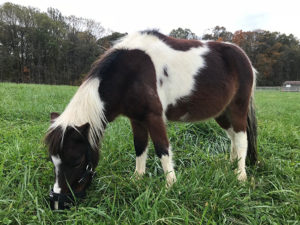
Do grazing muzzles cause stress or alter social behavior? Researchers tested a group of Miniature Horses to find out.
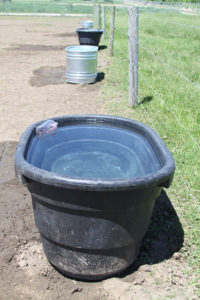
While using goldfish to help clean water troughs is popular among horse owners, one researcher shows it’s ineffective.

Researchers determined that Equivibe-treated stalled horses had lower heart rates, cortisol levels.
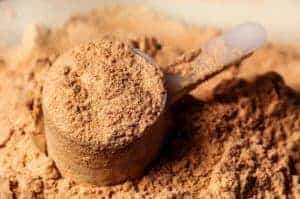
A University of Glasgow Researcher found one yeast supplement helped mitigate the risks associated with sudden diet changes.
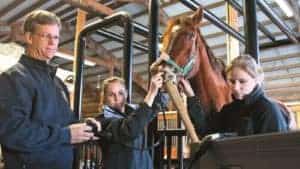
Equine glandular gastric disease has a distinct pathology, risk factors, diagnostics, and treatment approaches.

Previous studies have shown horses are more reactive on starchy diets but not the reasons behind the nutrition-related behavior. A Scottish researcher discovered that the gut-brain axis might be the link.
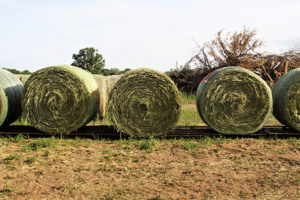
A University of Minnesota graduate student investigated types of bale wrap and their effects on alfalfa baling time, dry matter losses, nutrient values, moisture levels, cost, and bale value. Here’s what she found.

Can decreasing pasture size also decrease your horse’s weight even if turnout time doesn’t change? A researcher investigated and offers management tips based on her results.

A Virginia Tech researcher investigated the impact of diet on lesson horses. Here’s what she found.
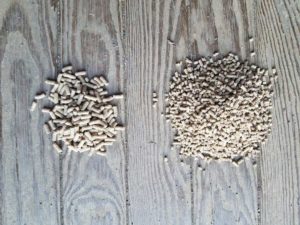
Over time, horse feeds manufactured to meet equine energy and nutrient needs have evolved from mixes of whole grains to textured, pelleted, and extruded types. But does that change how feeds affect horses?

Veterinarians are using chiropractic techniques more frequently to evaluate and treat back disorders in horses. Here, a CSU professor and researcher outlines basic principles.
Stay on top of the most recent Horse Health news with